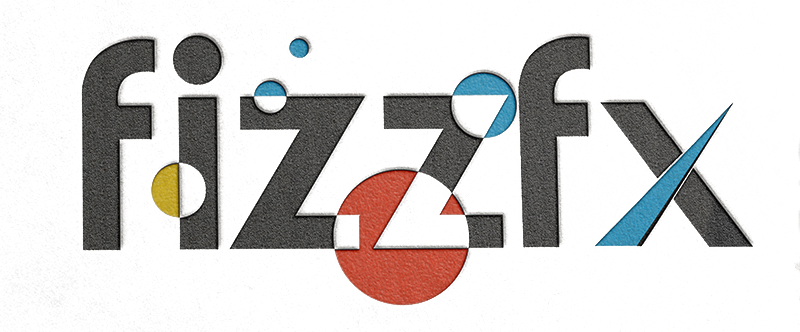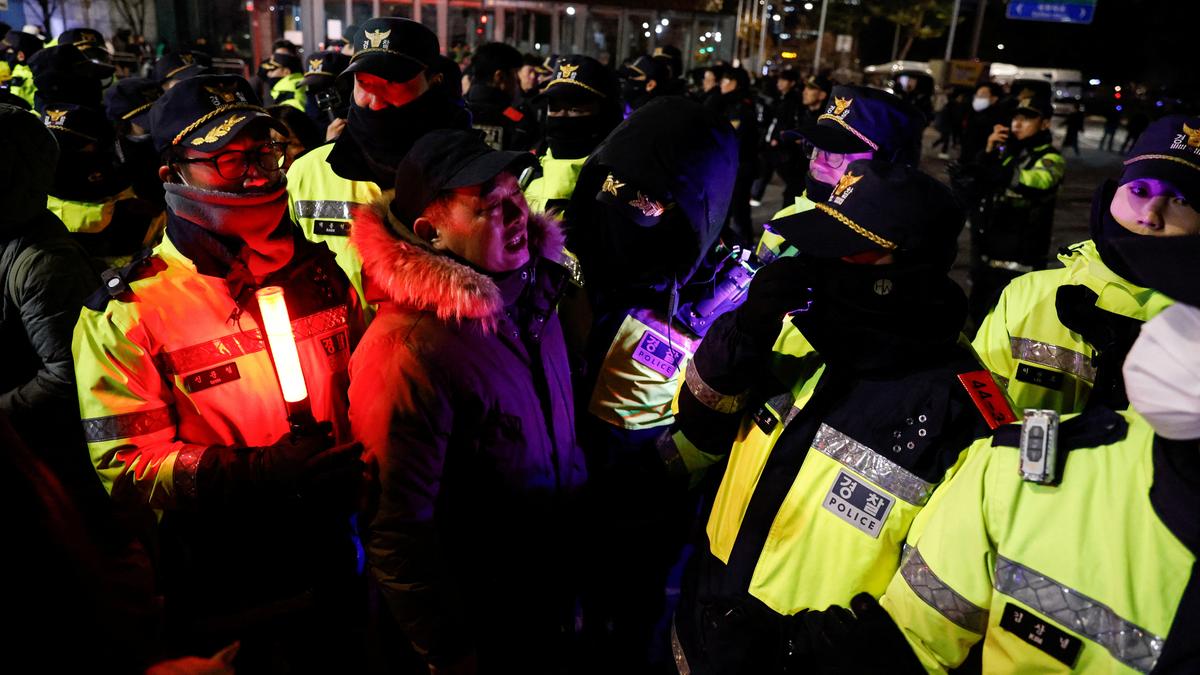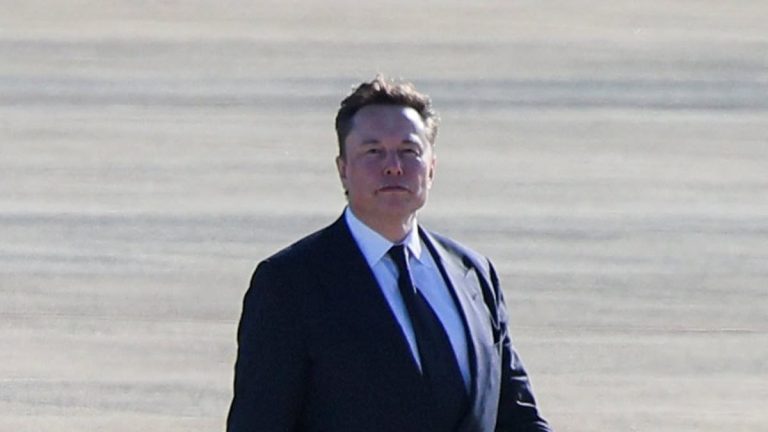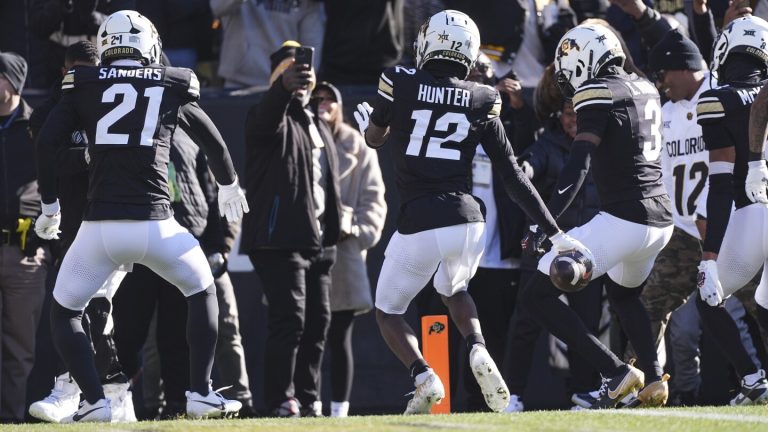In an unprecedented move that has sent shockwaves throughout the nation and overseas, South Korean President Yoon Suk Yeol declared martial law on December 4, 2024. The announcement was immediately met with varying degrees of confusion, concern, and thinly veiled fear in the heart of the capital, Seoul.
The president’s dramatic decision, per some political pundits, is a manifestation of a dire political climate, one that needs careful unraveling. Martial law, a system of rule executed mainly by military authorities over a civilian population during a period of emergency or war, has historically been associated with the curtailment of civil liberties. Hence, it’s plausible that any declaration to that effect would sow seeds of uncertainty and fear.
The news of the martial law was met with prompt resistance from the main opposition party, which currently controls the parliament. Their leader, whose identity remains undisclosed, urgently summoned lawmakers back to the National Assembly. This act seemed to be a tangible effort to counter the proclamation presented by President Yoon Suk Yeol.
As this political drama unfolded, an on-the-scene photograph captured the gravity of the situation: a lone man, standing in stern conversation with a squad of police officers outside the National Assembly. The details of their exchange remain unknown, but his strained expression aptly encapsulated the collective apprehension rippling through the country.
With an almost urgent determination, the summoned lawmakers convened and deliberated over the president’s unwelcome decision. Through a momentous display of democracy, they voted to revoke the declaration of martial law, refusing to let this unprecedented measure take effect over the course of the night.
The fallout following this abrupt martial law announcement by President Yoon Suk Yeol cements a growing divide between the president’s office and the parliament. The rapid response by the opposition to quash the measure indicates a deep-seated resistance to what they likely view as an attempt to override democratic principles.
In the aftermath of such tense events, the question lingering on people’s minds is why would the president consider such a drastic measure in the first place. Was it an earnest attempt by President Yoon Suk Yeol to restore order amid an unspecified crisis? Or should we look deeper and perceive it as an exertion of power that threatens the democratic fabric of South Korean society?
While speculations abound, one thing is for certain: this incident has drawn a clear line in the sand. All eyes are now on the government amid a politically fragmented landscape. The role of the opposition, the support of the citizenry, and the future of democracy in South Korea hang in a precarious balance.
The situation in South Korea is a testament to the times we live in, making us realize that democratic principles, while seeming steadfast, are constantly put to the test. As we move forward, global spectators and South Koreans alike will continue to watch the unfolding political saga with bated breath, hoping for a peaceful reconciliation where democracy does not only survive but thrives.
In the meantime, the streets of South Korea remain under a veil of cautious anticipation. The daily life continues in Seoul, albeit with whispers of political turmoil echoing in the corners of the bustling city. Yet, this isn’t just about the fate of a nation anymore – it’s a global political theatre, reflecting the universal struggle between power and democracy.




